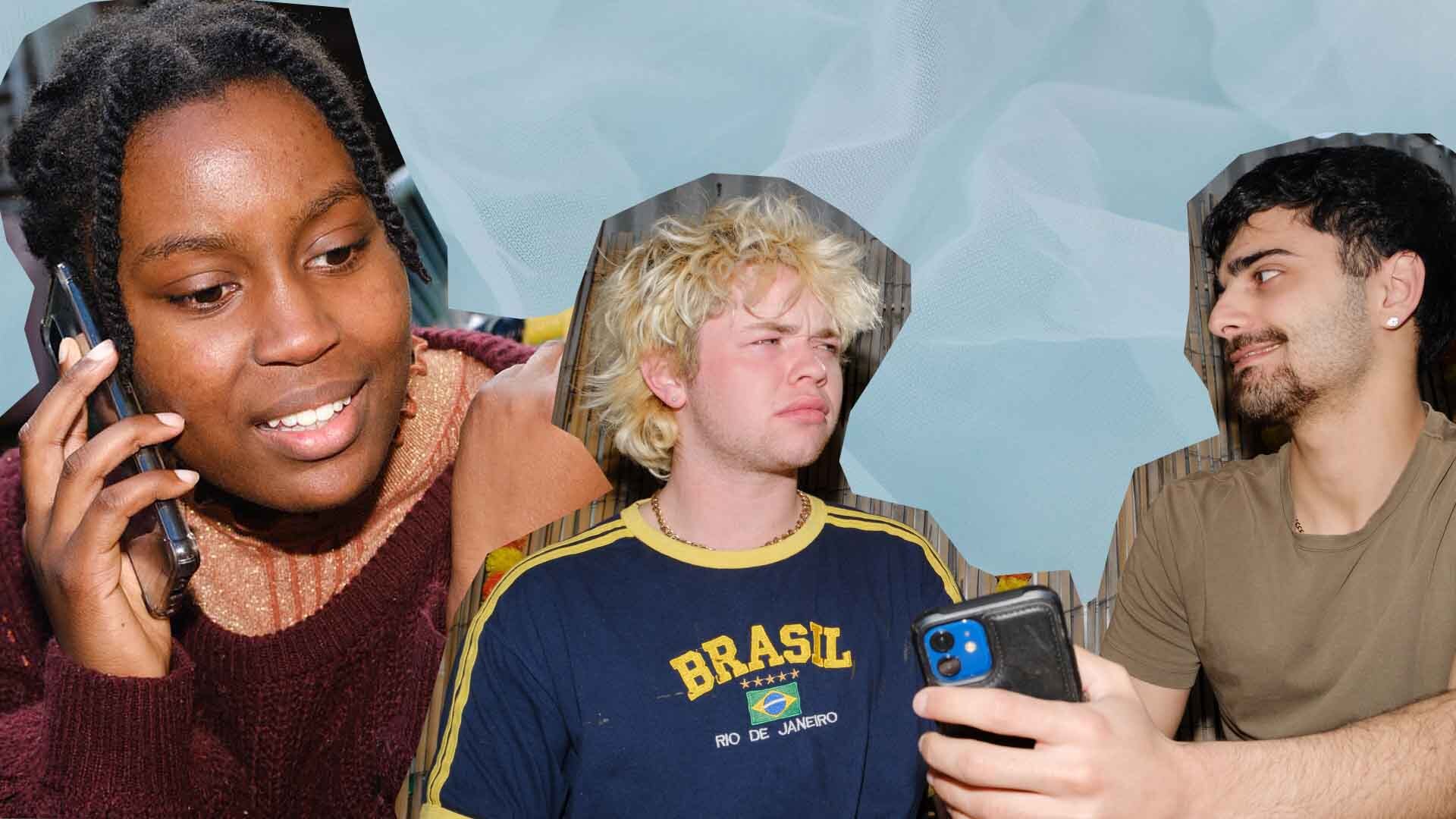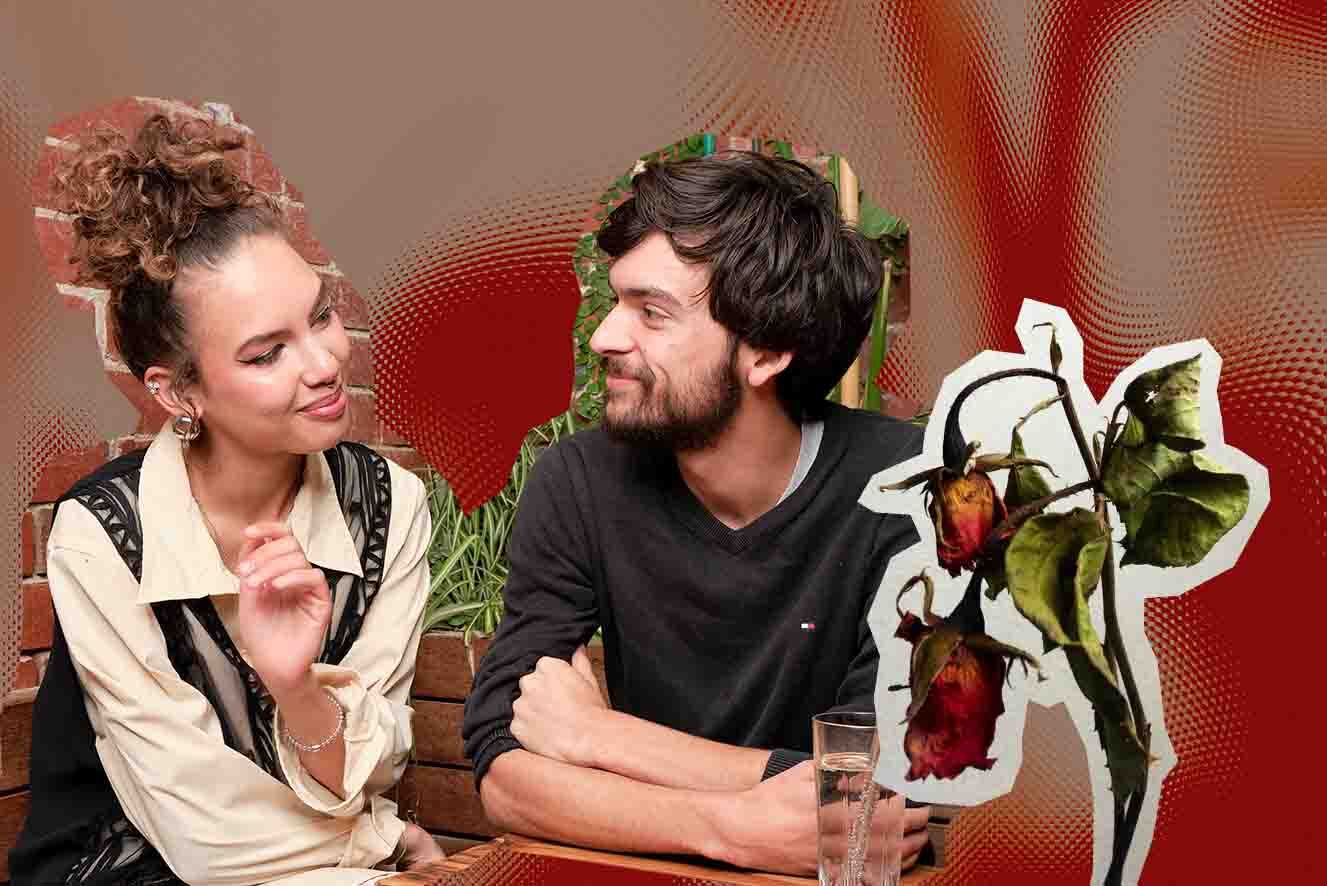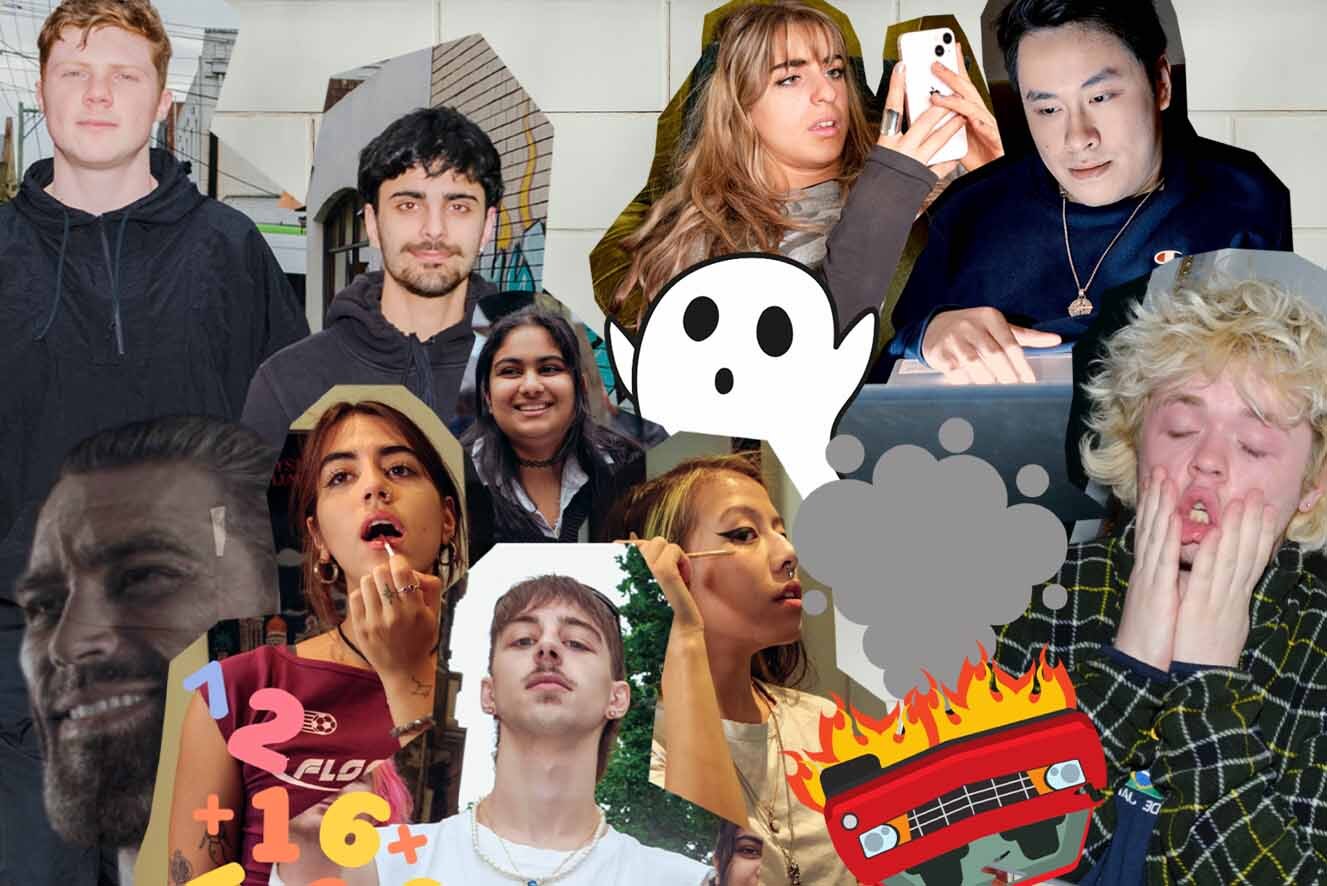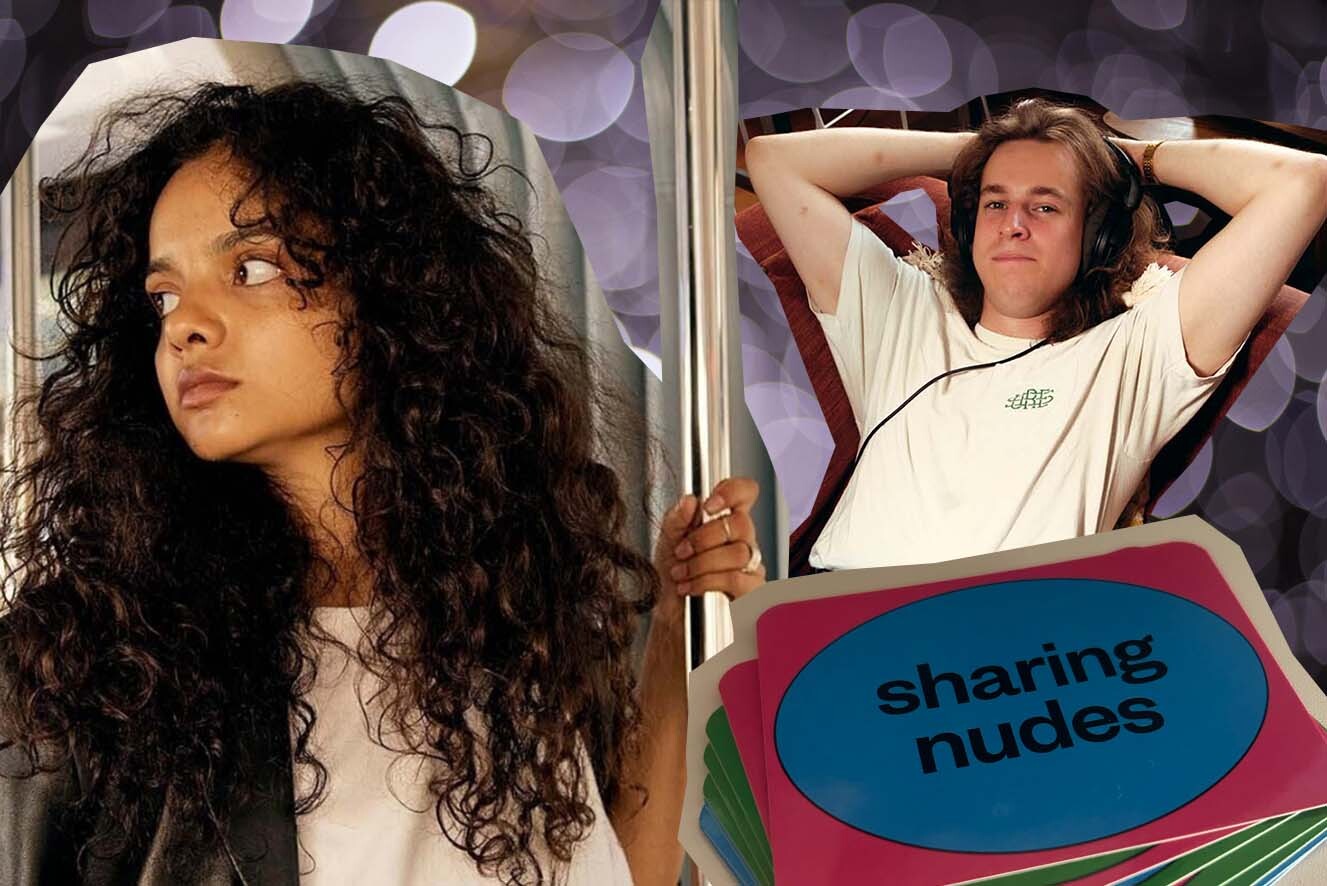Okay, we get it, red flags get all the attention. But if you’re only looking for what not to do, you might miss all the good stuff, the green flags.
They’re the signs that someone’s treating you (and themselves) with care, respect and honesty.
The kind of stuff that makes a relationship feel safe, not somewhere you’re constantly feeling anxious or that they'll get angry or frustrated at something you've done.
So, what exactly are those elusive green flags?
Let’s take a closer look at how to bring good vibes into your own relationships.
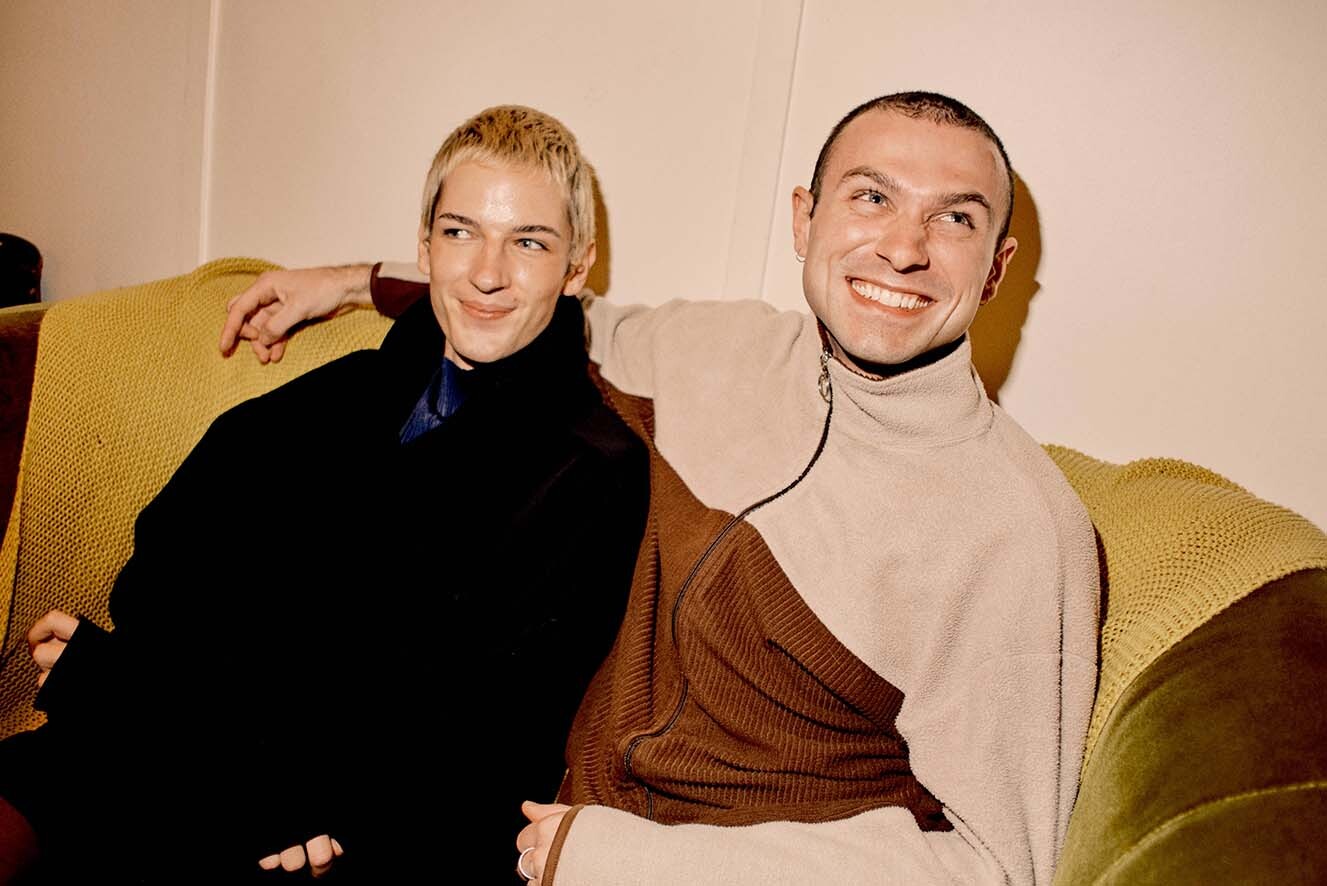
Green Flags: What Makes a Relationship Feel Good?
Let’s get real. Healthy and happy relationships aren’t about “winning” or playing mental games with each other or testing them and their love.
They’re about backing each other fully, honest communication, and being able to show up - meaning you can be present, open, and emotionally available - without feeling like you’ve got something to prove, or some point to play.
Green flags in relationships shouldn’t be seen as some mystical checklist.
They’re the things that make you feel heard, respected, and safe being your full self.
And yeah, they feel good. That’s kind of the point.
Still feeling a little lost? Here’s what those good signs can look like IRL.
1. Respecting Boundaries = Big Green Flag Energy
A major green flag? Someone who gets that setting healthy boundaries is a normal, healthy part of any connection, not a personal attack.
Whether it’s needing space, saying no to something, or being clear about what you’re into (or not into), boundaries keep things respectful, honest and real.
A green flag partner will check in before making moves, like leaning in for a kiss.
They’ll respect your “no” the first time, without trying to change your mind.
If you say something like, “I’m not really into that” or “I just need some space to chill on my own”, they’ll listen and accept it without pushing back.
And they can talk about their boundaries too, saying things like, “I just need some time to myself right now” or “I’m not comfortable with that”. Respect goes both ways.
2. Talking and Listening: How to Keep Things Respectful
Respectful communication isn’t just a surface-level thing. It’s not just about saying the right words; you actually have to get it.
Like, really listen. Take on feedback, and be cool with having slightly awkward but honest convos.
Someone who’s bringing strong communication vibes won’t interrupt, roll their eyes, or act like they’ve already “won” the argument.
They’ll ask how you’re feeling, and actually care about the answer.
You might hear stuff like “I hear you” or “that’s fair, I get it” without them making it weird or turning it into a joke.
This is where emotional intelligence in relationships really shows up.
It means being aware of your own feelings and how they affect others, while also being able to understand how someone else might feel, even if they’re not saying it outright.
And look, sometimes things will feel a little clunky or awkward, and that’s totally normal.
It’s not about saying all the right things perfectly. It’s about being present, noticing how your words and actions make the other person feel, and being accountable for your impact.
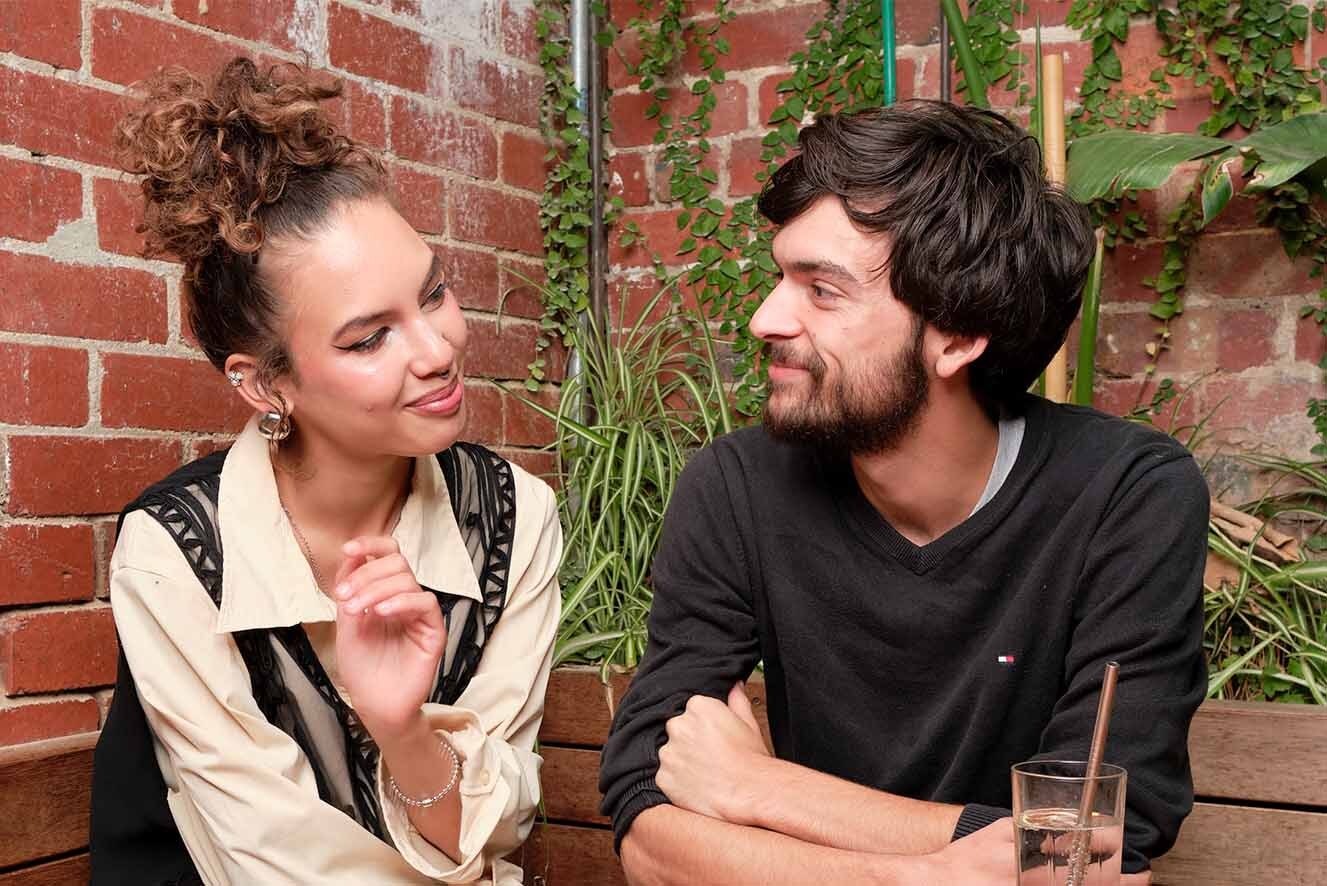
3. Showing Respect in Your Own Life
So you know how to spot a green flag, but do you know how to actually be one?
When you’re a green flag, you ask the questions and really listen to the answers (in case you were wondering, nodding along and only partially taking it in doesn’t count).
It’s also about being open with how you're feeling — and yeah, that can feel a bit awkward sometimes.
But letting someone in on what’s actually going on inside your head or heart? That’s not weak, that’s emotional strength.
Being real about your feelings is part of emotional intelligence.
It means you understand what’s going on with you, and you’re able to share it in a way that builds trust, not tension.
Vulnerability doesn’t mean over-sharing or spilling everything all the time.
It’s about being honest, like saying “I’m feeling a bit off today” or “that comment actually hurt.”
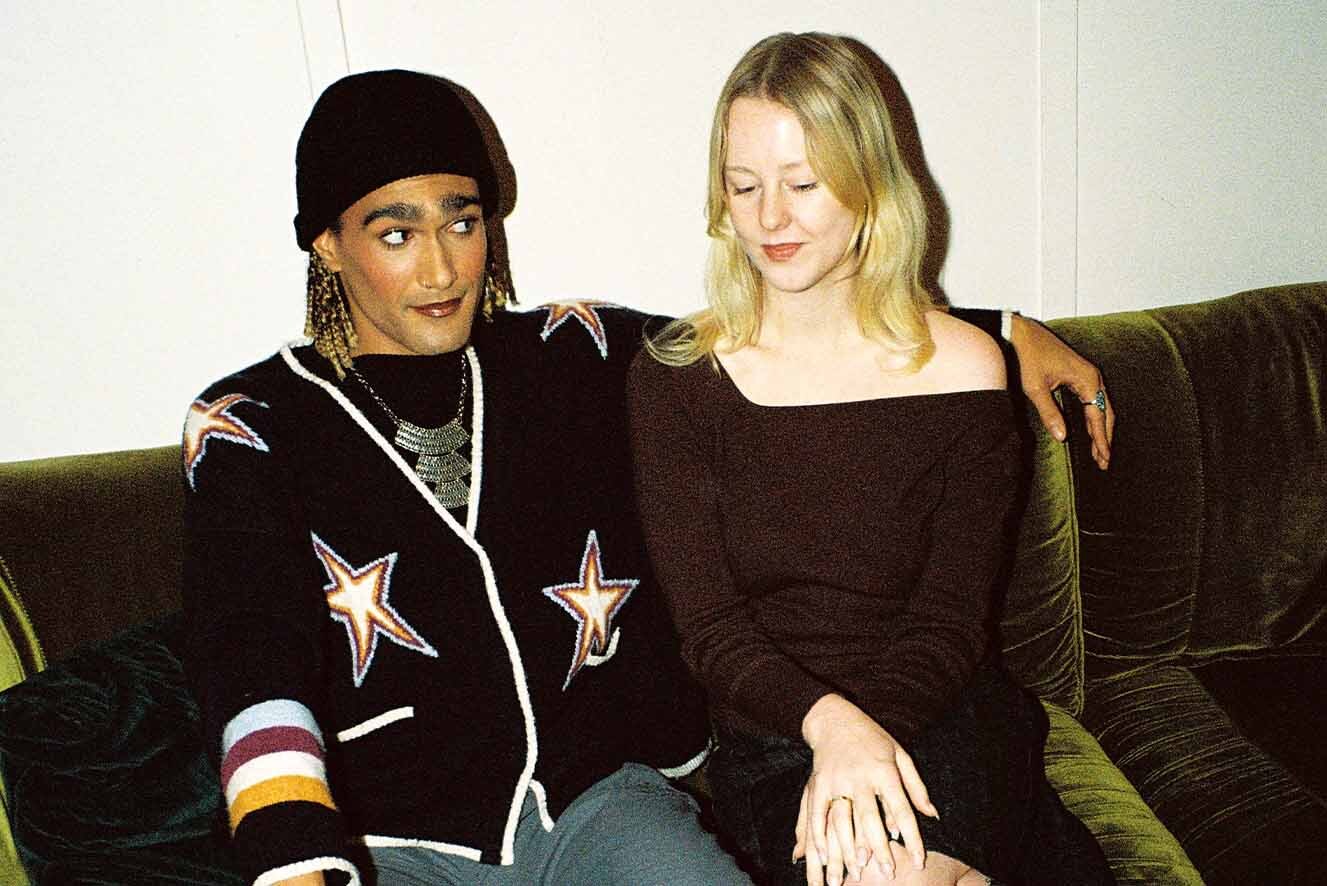
It also means being upfront about what you’re looking for. No games, no second-guessing, no over-analysing in your head, just honesty.
Then, if things don’t go to plan, it’s about learning from it.
It’s totally natural to feel low-key embarrassed, but remember, feedback isn’t failure, it’s how you grow.
At the end of the day, being a real-life green flag doesn’t mean being perfect.
It means being kind, real, emotionally aware, and willing to show up, even when things feel a little bit messy, because sometimes life is.
Truly, being a green flag isn’t a performance, it’s about being genuine.
4. Wanna See Green Flags? Be One
Healthy relationships won’t magically appear, they'll grow through small moments, respectful choices, and honesty.
Whether you’re hitting them up in their DMs, new to dating, have been dating for a while, figuring things out, or just working on being a better human, green flags are worth noticing and worth becoming.

